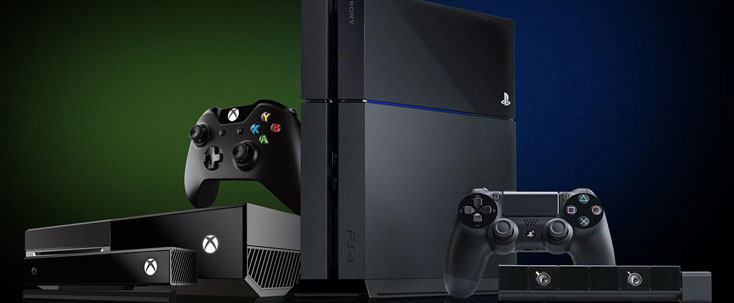The United States Federal Communications Commission (FCC) today reversed its Net Neutrality position from last year, redefining its definition of the Internet so the web can be regulated as a utility. In FCC Net Neutrality comments from the video game industry, this would seem to be a victory to U.S.-based gamers. But the industry’s FCC Net Neutrality comments seem to be in the minority.
The Entertainment Software Association (ESA), which represents the video game industry and is best known as the organizers of the E3 trade show, said it’s in favor of the FCC’s Net Neutrality decision.
“Great online video game experiences depend upon low latency, high bandwidth connections,” the ESA said in a statement. “We hope that the rule announced today by the FCC will promote continued development of fast online connections while protecting gamers from anti-competitive and discriminatory practices.”
The ESA’s endorsement makes theoretical sense. As CNET points out, the FCC’s new Net Neutrality rules “prohibit broadband providers from blocking or slowing down traffic on wired and wireless networks … [and] ban Internet service providers from offering paid priority services that could allow them to charge content companies, such as Netflix … to reach customers more quickly when networks are congested.”
With fewer Internet roadblocks, online games should in theory encounter fewer hiccups based on latency issues and/or slower connections. However, the ESA’s decision seems to stand alone among major organizations and industries, making one wonder whether its endorsement is short-sighted.
AT&T, for instance, made its own FCC Net Neutrality comments, and they were less than glowing. “We have never argued there should be no regulation in this area, simply that there should be smart regulation. What doesn’t make sense, and has never made sense, is to take a regulatory framework developed for Ma Bell in the 1930s and make her great grandchildren, with technologies and options undreamed of eighty years ago, live under it.”
The FCC’s 3-2 ruling today, which was split across party lines, re-classified the Internet as a Title II telecommunications service under the 1934 Communications Act. The reclassification prevents Internet service providers from favoring one bit of data over another.
The fear of AT&T is that such a reclassification could lead to new taxes and network operators being forced to share their infrastructure with competitors. Other major players have come out in opposition of the FCC Net Neutrality decision as well.
Which puts the video game industry association on somewhat of an island. The ESA offers services to interactive entertainment software publishers, including research, legal/policy analysis and advocacy, managing a global anti-piracy program, operating E3 and representing video game industry interests in federal and state government relations.
Today’s FCC ruling leaves gamers with their Xbox Live and PlayStation Networks getting the same network priority as Netflix programming. That’s why the ESA was so eager to endorse it. But as subscription services like PlayStation Now point toward the future, is the ESA’s endorsement a little short-sighted? Streaming games could’ve gotten preferential treatment, if publishers and Microsoft/Sony paid for it. Now, that option is gone. Was the ESA’s endorsement short-sighted?

